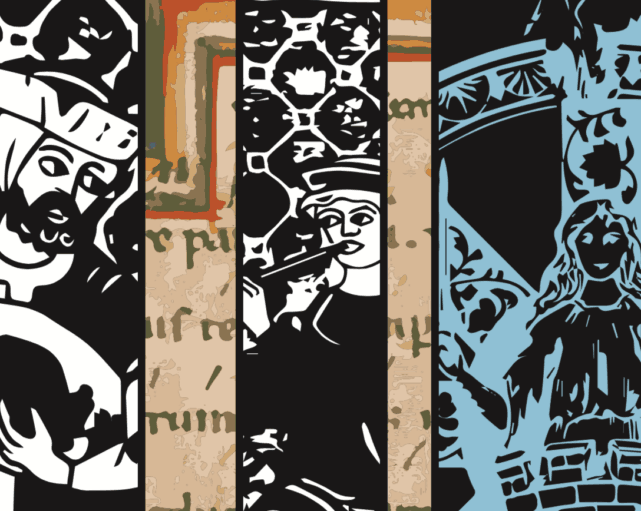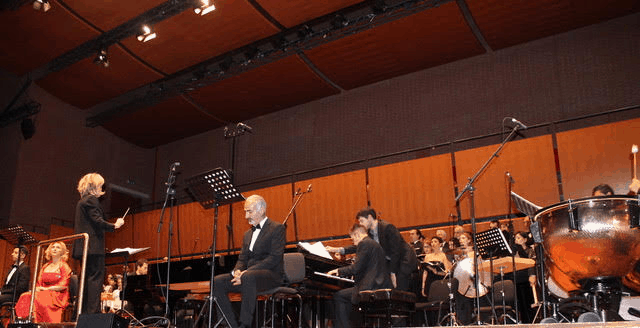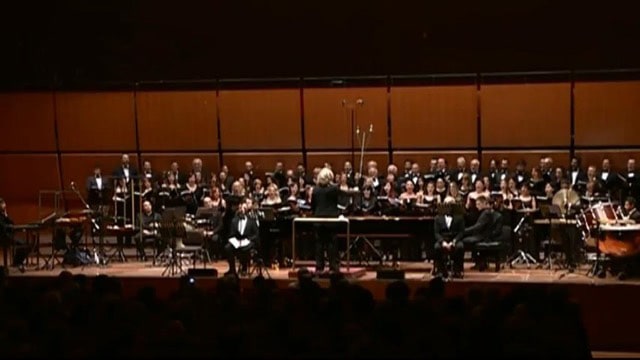Orff – Carmina Burana
Isabella Ambrosini with the Coro Roma Tre, the Coro Voci Bianche InCanto and the Roma Sinfonica Percussion Ensemble
Carmina Burana, set to music by Orff in 1937, are constructed as a profane cantata woven with solo and chorales based on 11th and 12th century mediaeval poetic texts contained in the Codex Latinus Monacensis or Codex Buranus – a manuscript found in Benediktbeuern Abbey – the most impressive mediaeval latin collection to reach us and one of the first known cases of profane poetry.
Composed by clerics or goliardes, young students that wandered from one university to another, in late latin, ancient French and middle high German dialect, Carmina Burana are an expression of the birth of a European culture expressed in the form of newborn romance languages.
Carl Orff was able to abmirably fuse the late-mediaeval poetry of the literary text of Carmina with the new expressive forms of music of his time, post-atonal and archaising, thus creating a work of great suggestion and immense phonic impact.
Audio tracks
- Tracce audio
- #TitleArtistComposerTimeID
- 01.https://www.isabella-ambrosini.com/wp-content/uploads/2018/04/22-Tempus-est-iocundum.m4aTempus est iocundumCarl OrffCarl Orff2:31s1audio/mpeg80
- 02.https://www.isabella-ambrosini.com/wp-content/uploads/2018/04/23-Dulcissime.m4aDulcissimeCarl OrffCarl Orff0:51s2audio/mpeg80
- 03.https://www.isabella-ambrosini.com/wp-content/uploads/2018/04/24-Ave-formosissima.m4aAve formosissimaCarl OrffCarl Orff2:01s3audio/mpeg80
- 04.https://www.isabella-ambrosini.com/wp-content/uploads/2018/04/25-O-Fortuna.m4aO FortunaCarl OrffCarl Orff2:56s4audio/mpeg80
Recorded
Auditorium Parco della Musica
Rome, May 23rd 2014
Massimo Spada and Damyan Tudzharov, Piano
Marta Vulpi, Soprano
Luigi Schifano, Countertenor
Massimo Simeoli, Baritone





